Russlaender 100 Tour Photos, Day 2
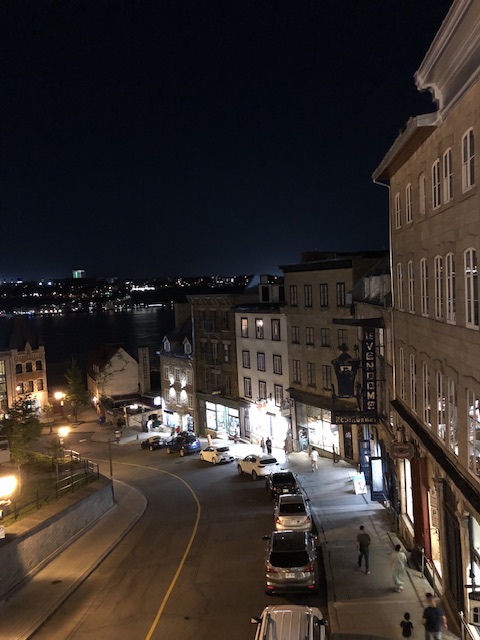
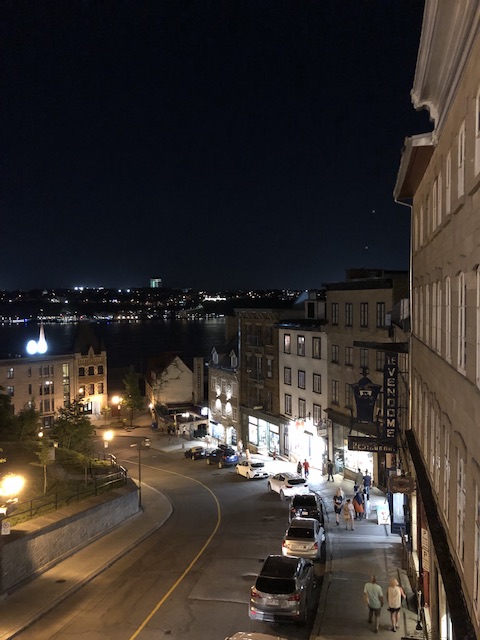
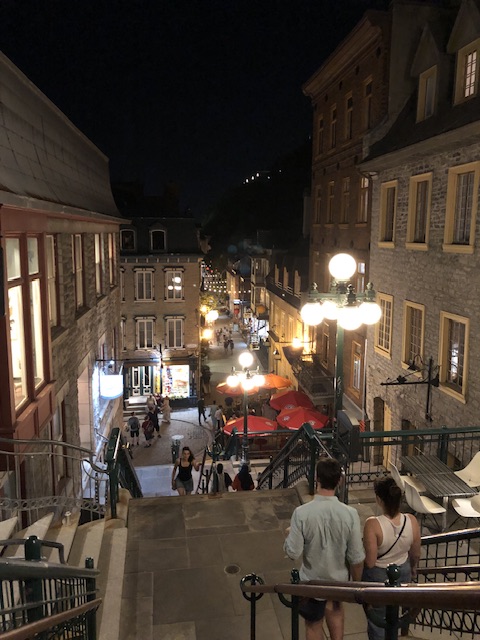
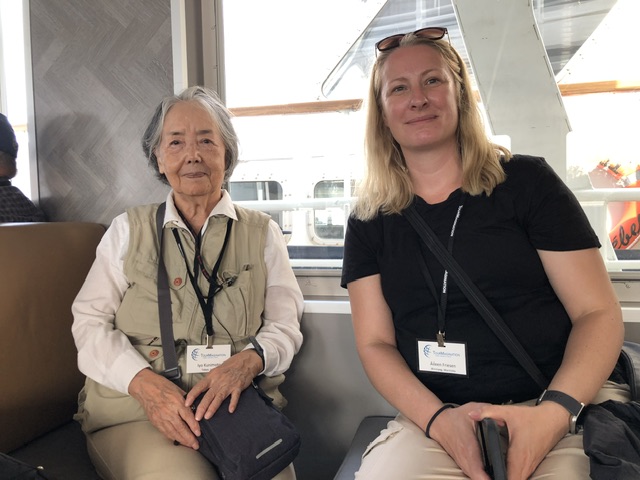
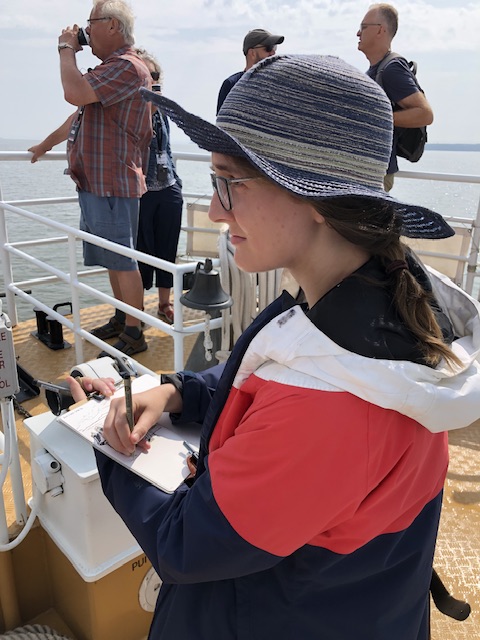
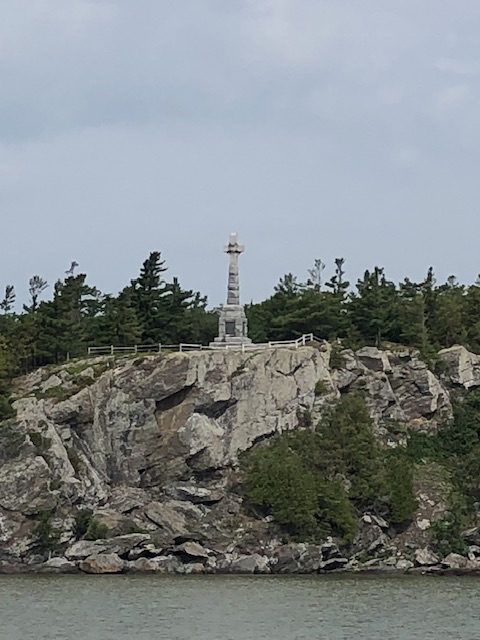
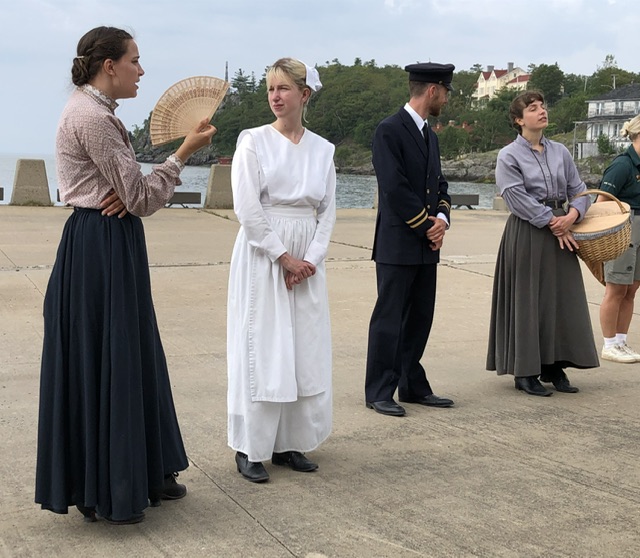
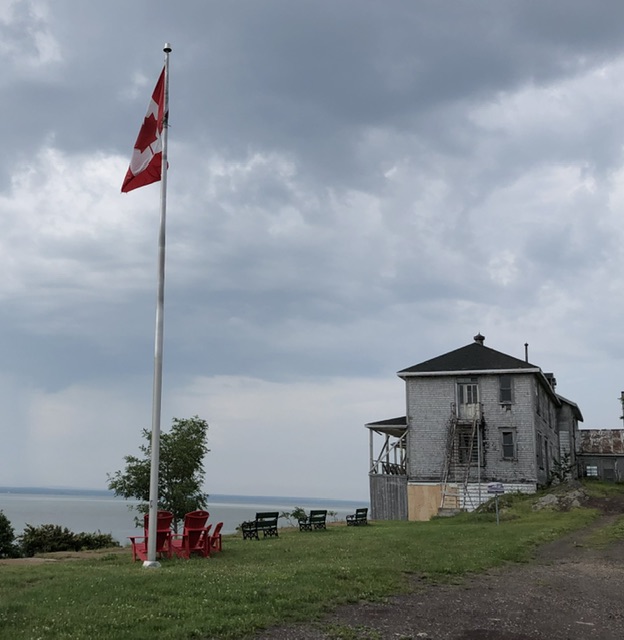
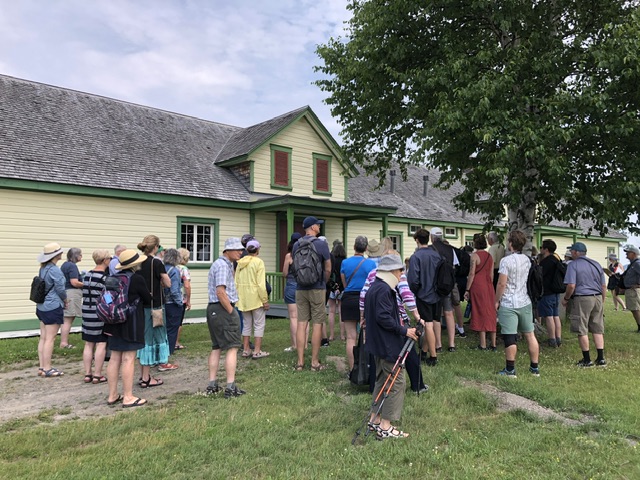
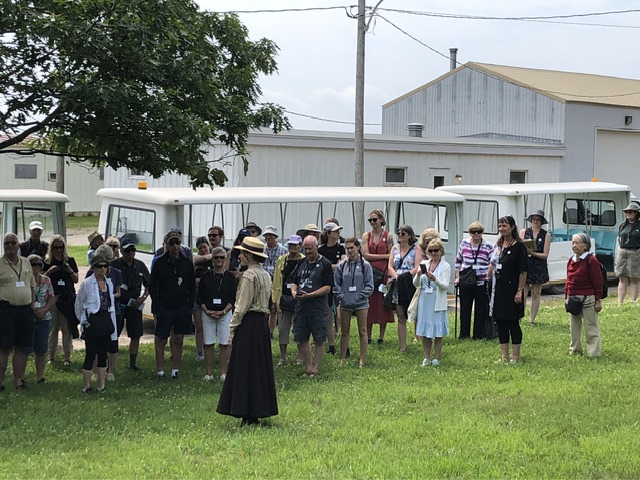
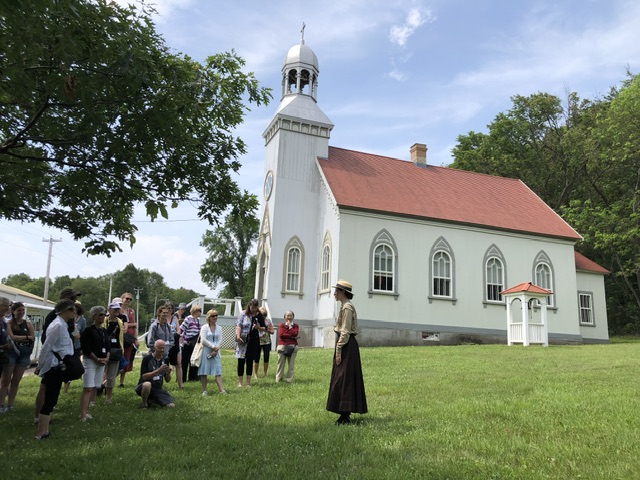
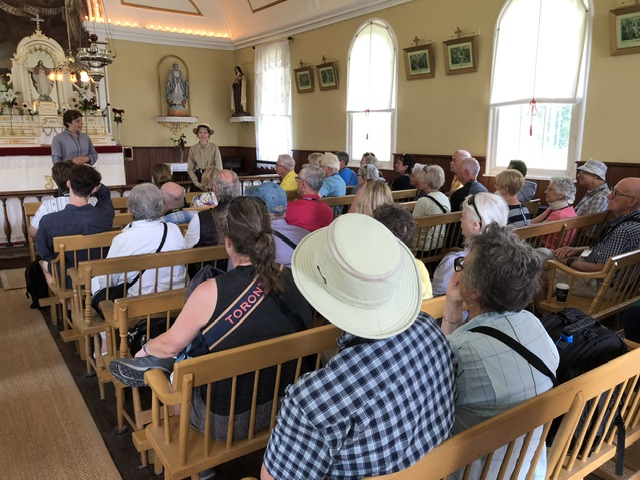
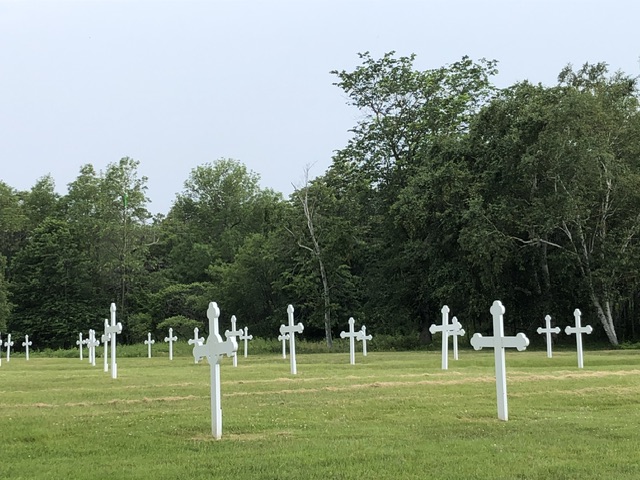
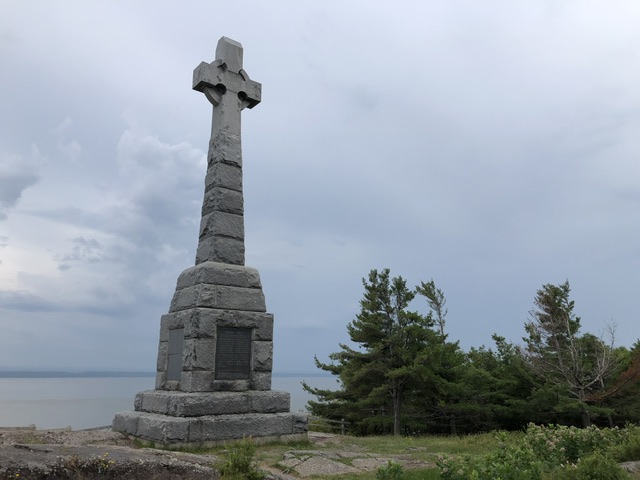
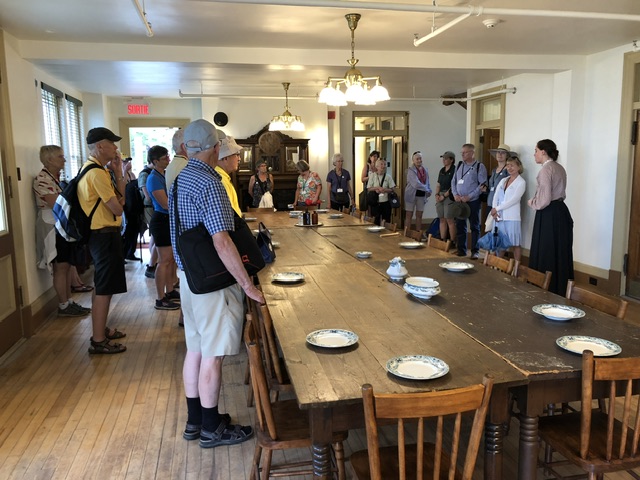
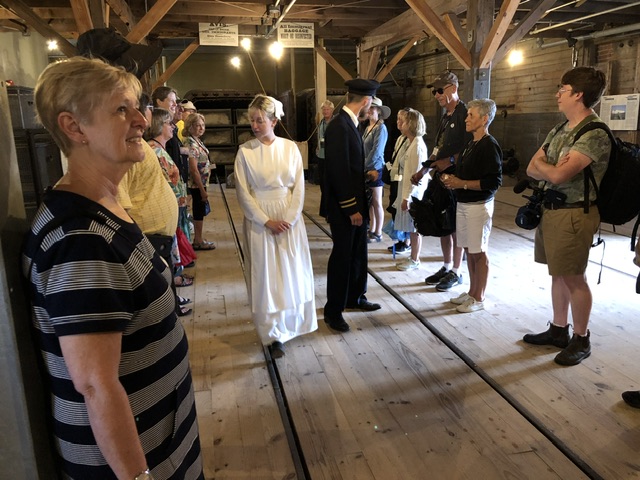
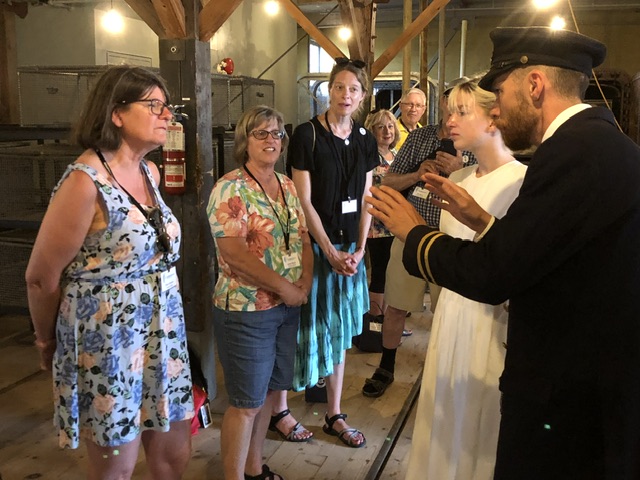
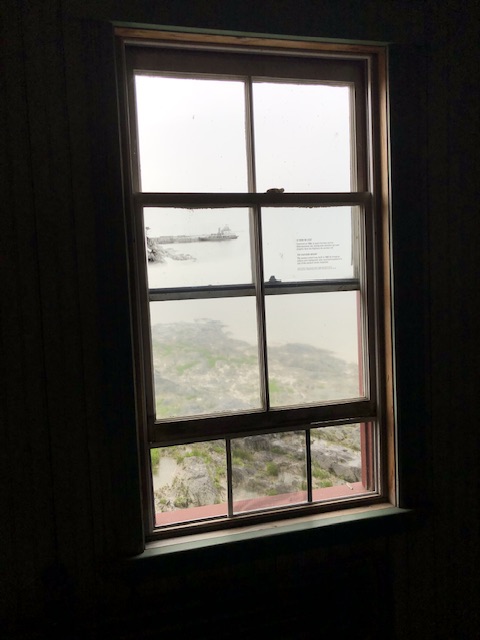
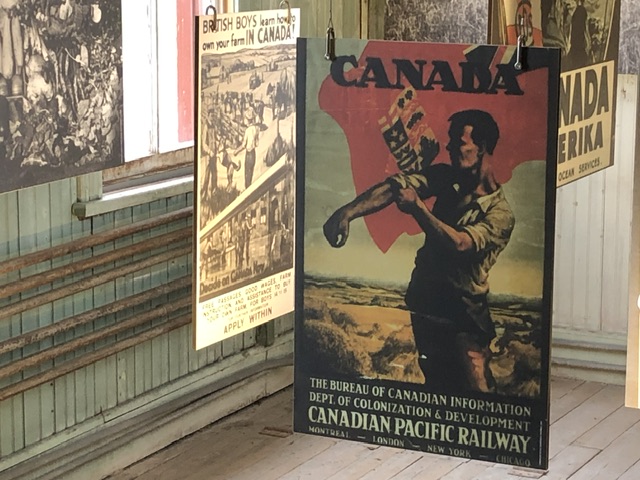
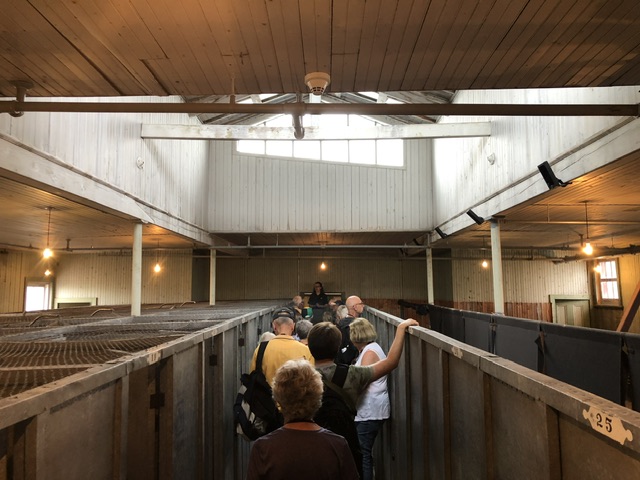
For Immediate Release
Cross-country train trip to mark 100th anniversary of Mennonites coming to Canada from Soviet Union
July 6-25 Memories of Migration tour to go from Quebec City to B.C.; in Manitoba July 13-16
WINNIPEG, Man. — One hundred years ago, the first of 21,000 Mennonites who left the Soviet Union boarded a train in Quebec City for new lives across the country.
On July 6 some of their descendants and others will replicate that journey when they board a train for a trip that will go all the way from Quebec City to Abbotsford, B.C. as part of Memories of Migration: Russlaender (Russian Mennonites) Tour 100.
Through the tour, which is in Manitoba July 13-16, participants will re-enact the historic migration of the thousands of Mennonites who left communities decimated by violence and tragedy in the Soviet Union to come to Canada between 1923 and 1930.
For Conrad Stoesz, archivist at the Mennonite Heritage Archives in Winnipeg, the tour is important for people whose Mennonite ancestors came to Canada in the 1920s.
“These anniversary events will help explain why they are here,” he said. “It will help explain who they are. For people on the tour itself, this event combines places, narrative, and expertise for an unparalleled experience.”
At the same time, the influx of some 21,000 immigrants to Canada from the Soviet Union “cannot be understood without recognizing the out migration of Mennonites from Manitoba and Saskatchewan to Mexico and Paraguay due to government pressures to assimilate,” he added. “These two migrations, in and out, significantly changed the Canadian Mennonite community for ever.”
In addition to the train trip, which will find participants enjoying lectures, presentations and music along the way, the tour will include a gala sponsored by the Canadian Pacific Kansas City Railway in Montreal.
In Manitoba, there will be an academic conference featuring award-winning authors in Winnipeg, along with a visit to the Steinbach Mennonite Heritage Village and a July 15 public Sängerfest, or hymn festival, at the Winnipeg Centennial Concert Hall.
They will also have opportunities to learn about interactions between the Mennonite immigrants and Indigenous people, including the impact of their migration on Indigenous communities in western Canada.
Altogether, about 123 people have signed up for one or all three segments of the tour (Quebec City to Kitchener, Toronto to Saskatoon and Saskatoon to Abbotsford).
Organized under the auspices of the Mennonite Historical Society of Canada, together with Canadian Mennonite scholars and heritage enthusiasts, the tour will celebrate the faith of those newcomers 100 years ago, memorialize the challenges they faced as new settlers in Canada, and acknowledge their impact on Indigenous people. For more information about the tour, or for an interview, contact Conrad Stoesz at 204-560-1998.